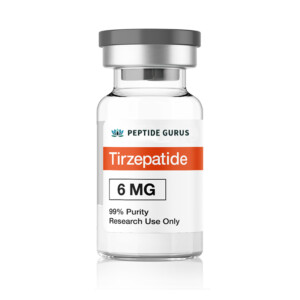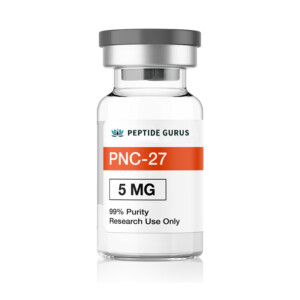Small Scale Peptide Production System
Introduction
In the realm of biotechnology and pharmaceutical research, the demand for efficient and cost-effective peptide production systems has never been higher. Small Scale Peptide Production Systems (SSPPS) have emerged as a game-changer, offering researchers and developers a versatile platform to synthesize and purify peptides on a manageable scale. This article delves into the intricacies of SSPPS, exploring its advantages, key components, applications, and the latest advancements shaping the future of peptide science.
Understanding Small Scale Peptide Production Systems
SSPPS are designed to cater to the needs of laboratories engaged in early-stage research, drug discovery, and biotechnology development. These systems enable researchers to synthesize short to medium-length peptides with high precision and reproducibility, often in quantities ranging from milligrams to grams. The scalability of SSPPS makes them ideal for optimizing peptide sequences, studying their biological activities, and validating their potential as therapeutic candidates.

Key Components of SSPPS
At the heart of any SSPPS lies a solid-phase peptide synthesis (SPPS) reactor, which utilizes a solid support (typically resin) to anchor the growing peptide chain. This reactor is coupled with automated liquid handling systems that precisely dispense reagents, solvents, and buffers, ensuring consistent reaction conditions. Advanced SSPPS also incorporate purification modules, such as high-performance liquid chromatography (HPLC), to isolate the desired peptide from impurities. Finally, quality control instruments like mass spectrometers validate the purity and identity of the synthesized peptides.
Advantages of Small Scale Production
Applications of Small Scale Peptide Production
SSPPS find widespread applications across various disciplines, including:

Latest Advancements
Recent advancements in SSPPS include:
Challenges & Future Prospects
While SSPPS offer numerous advantages, challenges such as complexity of synthesis for certain peptide sequences, scalability limitations, and cost considerations persist. Ongoing research and technological advancements aim to address these challenges, making SSPPS even more accessible and efficient. Future developments may include more sophisticated automation, increased process robustness, and the integration of emerging technologies like microfluidics and 3D printing.
Conclusion
Small Scale Peptide Production Systems represent a pivotal tool in advancing biotechnology and pharmaceutical research. Their ability to synthesize high-purity peptides quickly and cost-effectively has revolutionized early-stage drug discovery, vaccine development, and basic scientific inquiry. As technology continues to evolve, SSPPS will undoubtedly play an increasingly important role in shaping the future of peptide science and its applications. By embracing these innovative systems, researchers can unlock new possibilities and drive progress in the field of biotechnology.
PeptideGurus is a leading supplier of American-made research peptides, offering top-quality products at competitive prices. With a focus on excellence and customer service, they ensure a secure and convenient ordering process with global shipping.
CONTACT